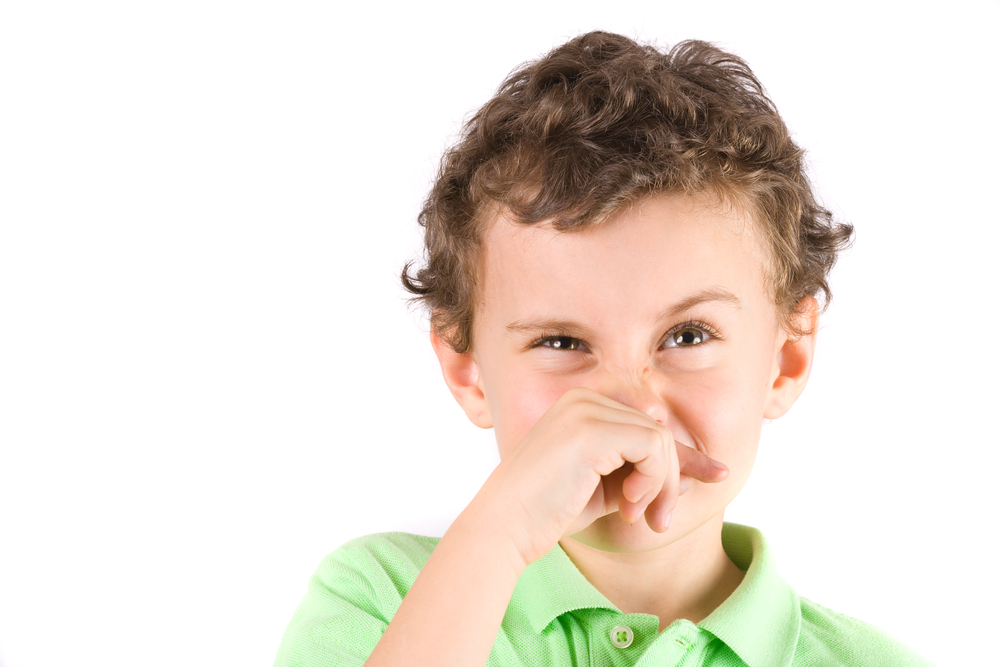Parents Give Unneeded, Harmful Cold Medicines

Many parents give their young children cough or cold medicines that the kids don't need, and that could cause harm, researchers say.
In a new poll, 44 percent of parents with children under age 4 said they had given their kids multi-symptom cough and cold medicine, 42 percent reported giving the children cough medicine, and 25 percent said they gave decongestants.
Doctors have known since at least the 1990s that cough and cold medicines are unlikely to help children, and since the mid-2000s, studies have shown that these medications could actually be harmful, said Dr. Matthew Davis, director of the C.S. Mott Children's Hospital National Poll on Children's Health, which reported the findings.
Kids can experience drowsiness, rapid heartbeat, breathing problems and seizures after taking these medicines, Davis said. While only a small number of children experience such side effects, the medicines aren't effective in treating cold symptoms even for kids who don't suffer such side effects, he said.
Its not exactly clear why the medicines don't work for children, but it may be that kids' narrower airways are more likely to retain blockages even after taking such medicines, he said.
"In my practice as a pediatrician, I do not recommend these medicines" for children, Davis said.
It can be a confusing situation for parents, because products labeled on the front of the box as "children's" medications may say in small print on the back that they should not be used in kids under age 4.
Get the world’s most fascinating discoveries delivered straight to your inbox.
In 2008, the Food and Drug Administration advised that these over-the-counter medicines not be used in infants or children under age 2. In response, the industry group the Consumer Healthcare Products Association, which includes manufacturers of over-the-counter cough and cold products, changed their labels to state that the medicines should not be used for children under 4.
"They wanted to be extra cautious," and be more restrictive about what ages of children should use their products, Davis said.
Parents who are concerned about their children's symptoms should call their doctors, Davis said. He also said that propping children up while they are sleeping, so that their head is higher than their hips, can help with drainage of congestion. Breathing in a warm mist can also help. "I tell parents to take their child into the bathroom, close the door, and turn on a warm shower and let the room fill," he said
In 2008, the same poll showed that more than 60 percent of parents were giving these medicines to their children, Davis said. "So we are going in the right direction. But given that they aren't helpful, we would like to see it be close to zero," he said.
Pass it on: Cough and cold medicines may harm children under age 4.
This story was provided by MyHealthNewsDaily, a sister site to LiveScience. Follow Karen Rowan @karenjrowan. Follow MyHealthNewsDaily @MyHealth_MHND, Facebook & Google+.



